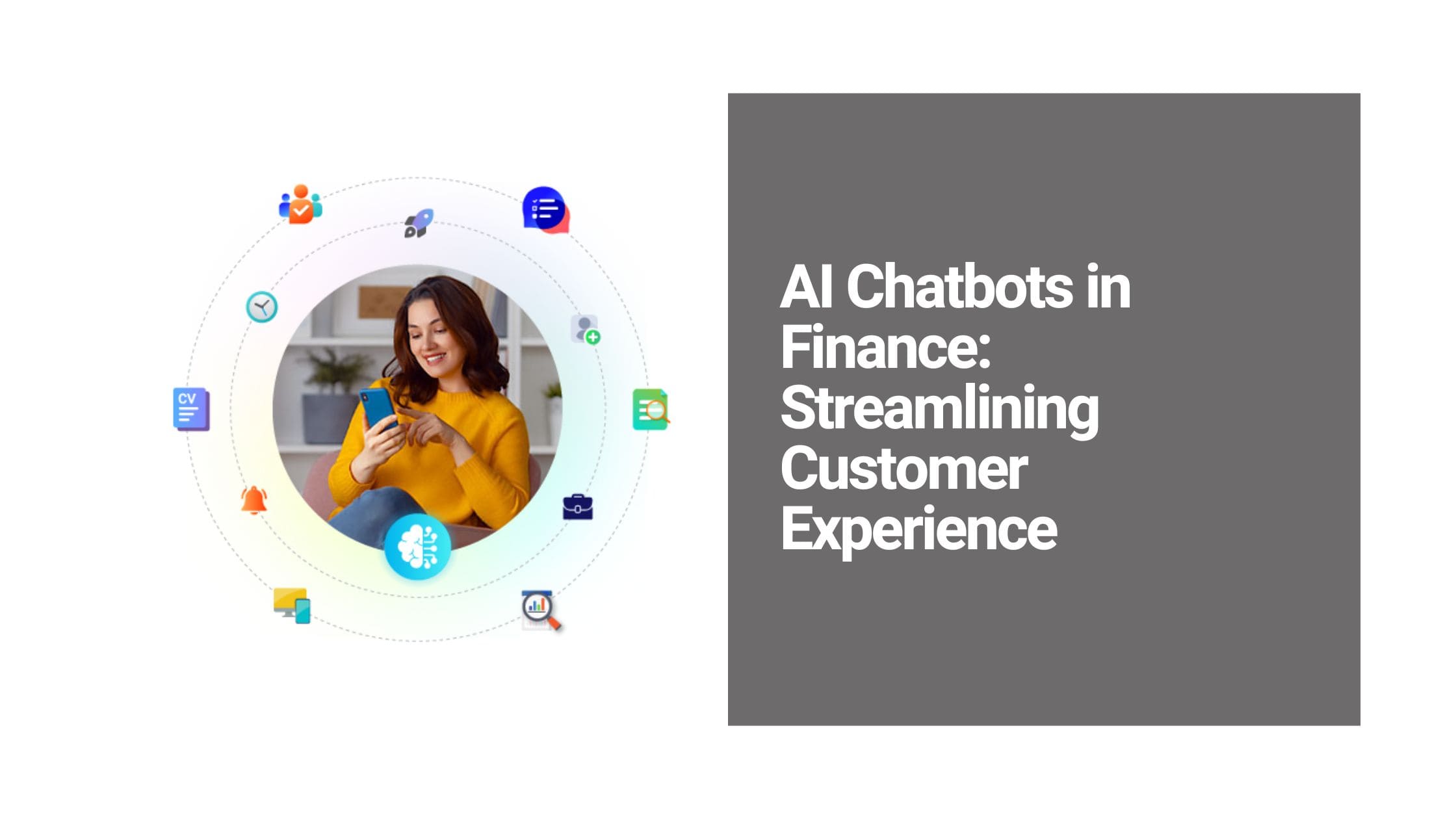Read how to reduce healthcare worker burnout with Conversational AI. Automate routine tasks, streamline patient interactions, and reduce paperworks.
There is a severe burnout problem among healthcare workers and nurses due to the stressful nature of the industry. This critical problem may soon be answered in CloudApper’s Conversational AI for healthcare. It can greatly reduce burnout in healthcare by automating mundane tasks and standardizing patient interactions. With this new AI application, healthcare services could be more efficient, and healthcare workers could experience less burnout, benefiting patients and the workplace.
The Burnout Crisis in Healthcare
The growing burnout crisis is a pressing issue increasingly affecting healthcare professionals worldwide. The relentless demands of the healthcare industry have led to a significant rise in burnout among healthcare workers. The crisis is further exacerbated by administrative tasks and paperwork that consume a significant portion of healthcare workers’ time, leaving them with less time for patient care. CloudApper’s Conversational AI for healthcare offers a solution in response to this growing crisis. Automating routine tasks and providing round-the-clock assistance reduces the workload of healthcare teams, allowing them to focus more on patient care. Furthermore, it offers personalized responses to level-zero patient queries, enhancing the overall patient and staff experience.
Leveraging Conversational AI to Reduce Burnout in Healthcare
Patient Registration
Patient registration is an area where conversational AI can be leveraged to reduce burnout. By automating the registration process, AI can save healthcare staff valuable time and effort. Patients can interact with AI to provide the necessary information, which is automatically entered into the system. This not only speeds up the registration process but also improves data accuracy.

Handling the Insurance of Patients Automatically
Conversational AI can also be used to automate the handling of patient insurance. AI can interact with patients to gather necessary insurance information and automatically update the system. This reduces the administrative burden on healthcare staff and allows them to focus on patient care. AI can also check insurance coverage and inform patients about their coverage details, thereby improving patient satisfaction.

Appointment Management
Appointment management is another critical area where conversational AI can be leveraged. AI can interact with patients to schedule, reschedule, or cancel appointments, thereby reducing the workload on healthcare staff. Additionally, AI can send automated appointment reminders to patients, reducing the number of missed appointments and improving healthcare efficiency.
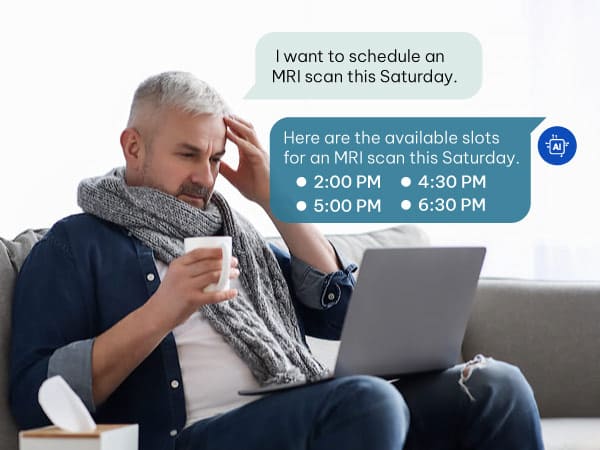
Billing Management
Conversational AI can also be used to automate billing management in healthcare settings. AI can interact with patients to provide billing information, process payments, and answer billing-related queries. This reduces the administrative burden on healthcare staff and improves patient satisfaction by providing them with a seamless billing experience.
Patient Feedback Conduction
Collecting patient feedback is crucial for improving healthcare services. Conversational AI can automate collecting patient feedback, thereby reducing the workload on healthcare staff. AI can interact with patients to gather feedback and automatically analyze the feedback to provide actionable insights. This allows healthcare organizations to improve their services continuously based on patient feedback.
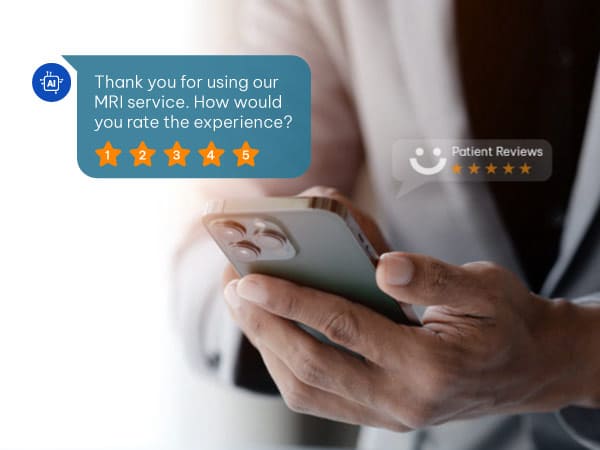
Ensuring Compliance
Ensuring compliance with healthcare regulations is crucial. Conversational AI can help healthcare organizations ensure compliance by automating the process of checking compliance. AI can monitor healthcare operations and automatically flag any non-compliance issues. This allows healthcare organizations to address compliance issues and avoid potential penalties quickly.
Requisition Reporting
Conversational AI can significantly streamline the process of requisition reporting of instruments in healthcare settings. By automating the reporting process, AI can reduce the administrative burden on healthcare staff, allowing them to focus on patient care
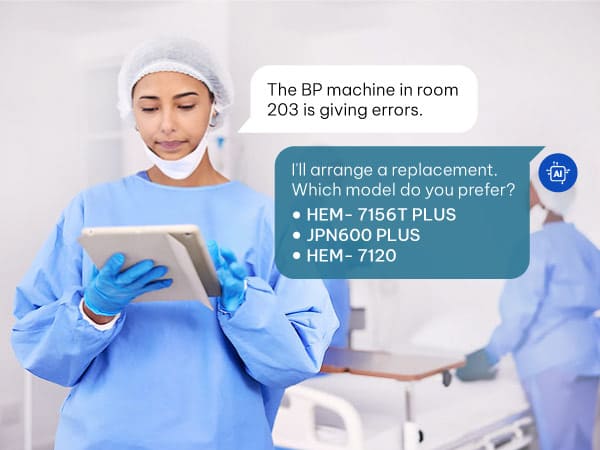
In conclusion, conversational AI offers immense potential to reduce burnout in the healthcare industry by automating various administrative tasks. By leveraging conversational AI, healthcare organizations can improve their efficiency, reduce the workload on healthcare staff, and enhance patient satisfaction. However, it’s essential to carefully plan and implement conversational AI to ensure its successful adoption in healthcare settings.
Contact us today to learn more about our solutions and how we can help you successfully integrate AI into your healthcare services.
What is CloudApper AI Platform?
CloudApper AI is an advanced platform that enables organizations to integrate AI into their existing enterprise systems effortlessly, without the need for technical expertise, costly development, or upgrading the underlying infrastructure. By transforming legacy systems into AI-capable solutions, CloudApper allows companies to harness the power of Generative AI quickly and efficiently. This approach has been successfully implemented with leading systems like UKG, Workday, Oracle, Paradox, Amazon AWS Bedrock and can be applied across various industries, helping businesses enhance productivity, automate processes, and gain deeper insights without the usual complexities. With CloudApper AI, you can start experiencing the transformative benefits of AI today. Learn More
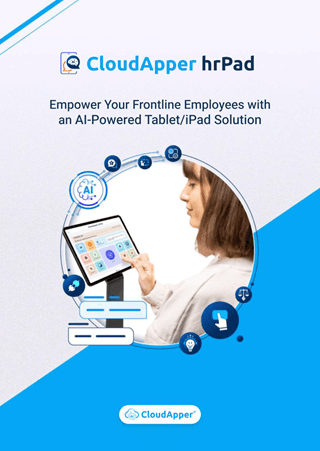
Brochure
CloudApper hrPad
Empower Frontline Employees with an AI-Powered Tablet/iPad Solution
Download Brochure
CloudApper AI Solutions for HR



- Works with








- and more.
Similar Posts
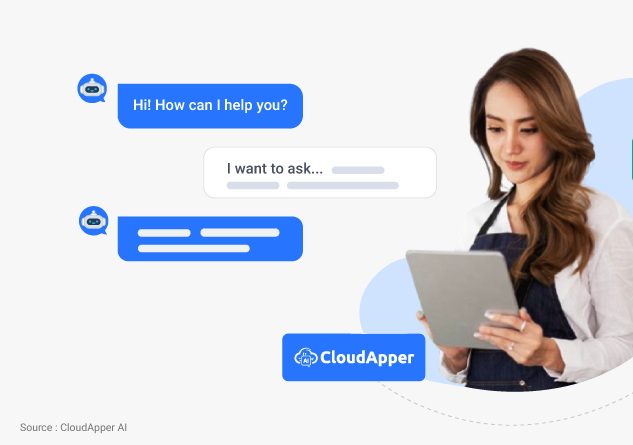
Building a Privacy-Preserving Chatbot with Amazon Bedrock and CloudApper AI
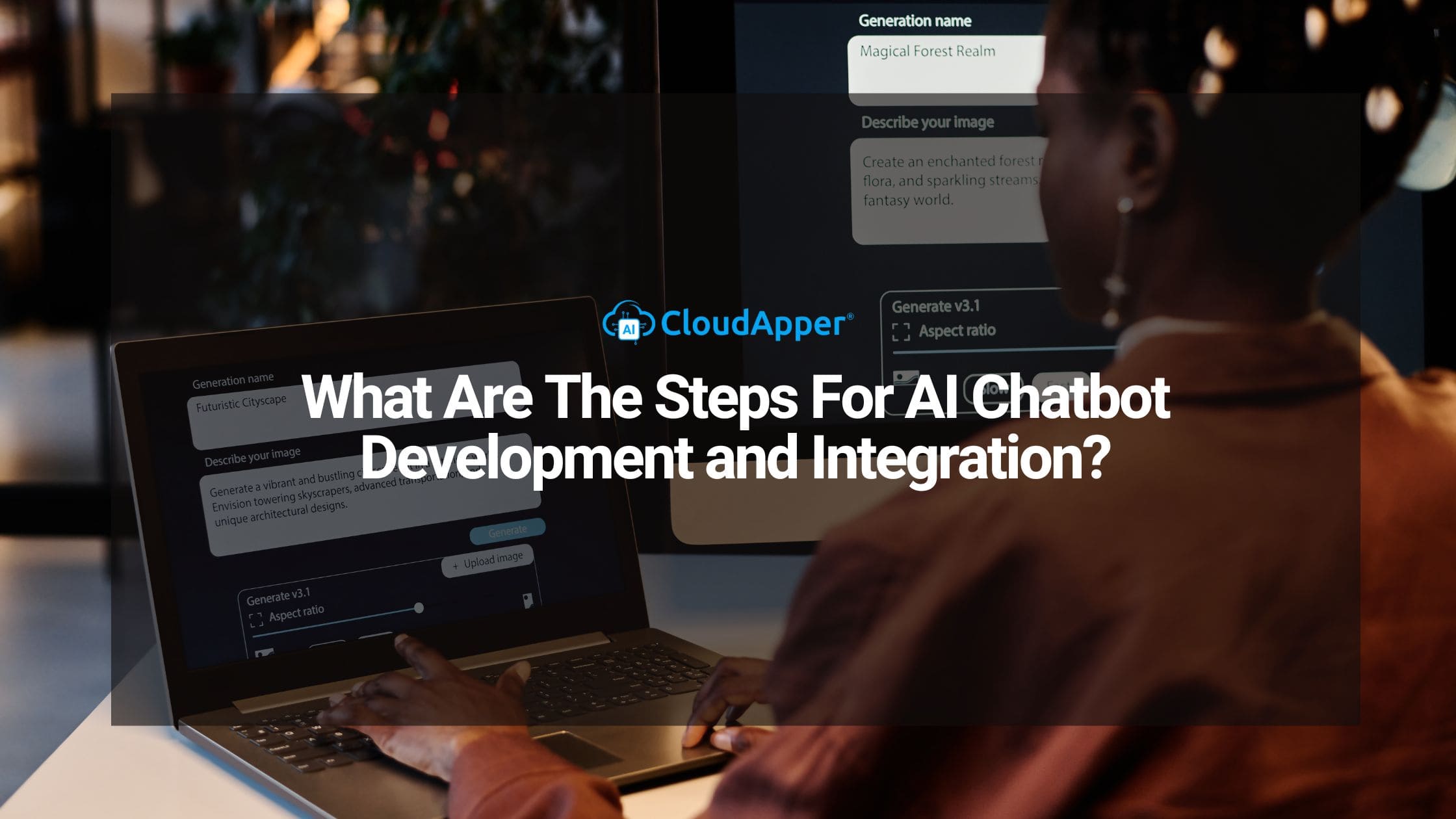
What Are The Steps For AI Chatbot Development and Integration?
